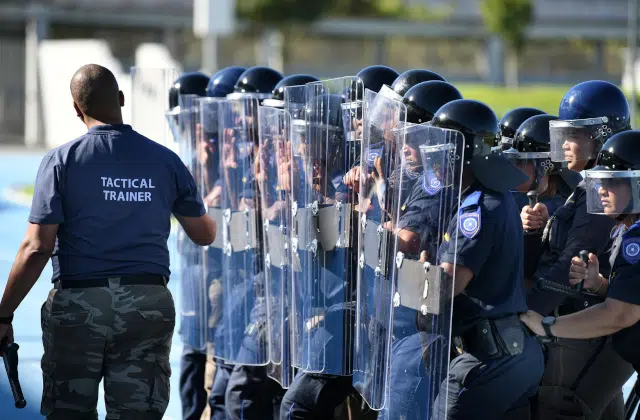
Western Cape facelift: projects worth billions in the pipeline
The Western Cape recorded the highest value of building plans passed in the first half of the year, showing strong growth, and ahead of the country’s economic hub of Gauteng, which recorded a decline in activity.
A spokesperson for the provincial minister of finance and economic opportunities, Georgina Maree said that total building plans passed in the Western Cape between January and June 2022 increased by 33% from the year before, citing data from Statistics South Africa.
The value of recorded building plans passed increased by 4.2% (R2.3 billion) during the first half of 2022 compared with the first half of 2021. Increases were recorded for residential buildings (7.8%) and additions and alterations (7.4%). A decrease was reported for non-residential buildings (-9.4%).
The largest contribution to the total increase of 4.2% was made by Western Cape (contributing 8.3 percentage points or R4.5 billion). Gauteng contributed -2.5 percentage points or -R1.35 billion.
StatsSA showed that the total value of building plans in the province equated to R17.86 billion. The Western Cape government reported that the home of the mother city surpasses the country’s economic hub Gauteng in both values of building plans as well as overall percentage growth.
This includes R10.29 billion worth of residential buildings, R2.37 billion worth of non-residential buildings, and R5.19 billion in additions and alterations, said Maree.
StatsSA’s selected building statistics of the private sector as reported by local government institutions highlighted the following:
| Province | Value from Jan – Jun 2022 | Percentage change |
|---|---|---|
| Western Cape | R17.86 billion | +33.2% |
| Gauteng | R16.80 billion | -7.5% |
| KwaZulu-Natal | R10.30 billion | -2.3% |
| Eastern Cape | R3.44 billion | -21.4% |
| Mpumalanga | R2.62 billion | +49.8% |
| North West | R1.92 billion | -28.2% |
| Limpopo | R1.50 billion | +35.2% |
| Northern Cape | R0.82 billion | +50.6% |
| Free State | R0.81 billion | -34.7% |
“This is a strong leading indicator for economic growth, and an important leading measure for the creation of jobs as the construction on these projects begins. This is especially important given the pressure the construction sector has felt over the last quarter,” said Maree.
“The Western Cape Government is committed to removing red tape and making it easier for the private sector to get on with its job of creating jobs, and we will look to boost business confidence so that we unlock the investment our economy needs to grow.”
Projects
City of Cape Town’s mayoral committee member James Vos has pledged continued cooperation with the development facilitation agency for socio-economic development in the greater Tygerberg – a northern suburb of Cape Town.
The project aims to transform the area into a second central business district – to open up job opportunities for Capetonians and businesses.
Projects in the pipeline include a community cycling initiative, experimenting with biofuel as a solution to food waste, urban greening projects, the installation of public art, the expansion of the trolley recycling and zero waste schools project, and many more, said Vos.
He said that between 2010 and 2021, approved building works in the area amounted to R7.3 billion.
Also making headlines in the building space is a R16 billion project to build six towers for mixed-use in Cape Town overlooking the harbour. The development is set to create in excess of 20,000 jobs and be a point for tourism, hospitality and retail.
“More than 20,000 jobs are being created during the construction phase alone, with many more employment opportunities – especially in the tourism, hospitality and retail sectors – upon completion,” said Amdec Group CEO James Wilson, the property development company leading the project build.
Foreign investment
The Western Cape has also seen foreign direct investment. According to the Democratic Alliance and the Department of Economic Development and Tourism (DEDAT), between 2011 and 2021, the following sectors saw massive investment:
- Communications – R55 billion, making it one of the largest contributions to the Western Cape;
- Renewable energy – R18 billion, approximately 13.36% of total FDI, which is promising news for the country’s energy crisis;
- Business services – R16 billion, and;
- Software and ICT services – R13 billion, which has been funnelled into 61 projects across the province.



